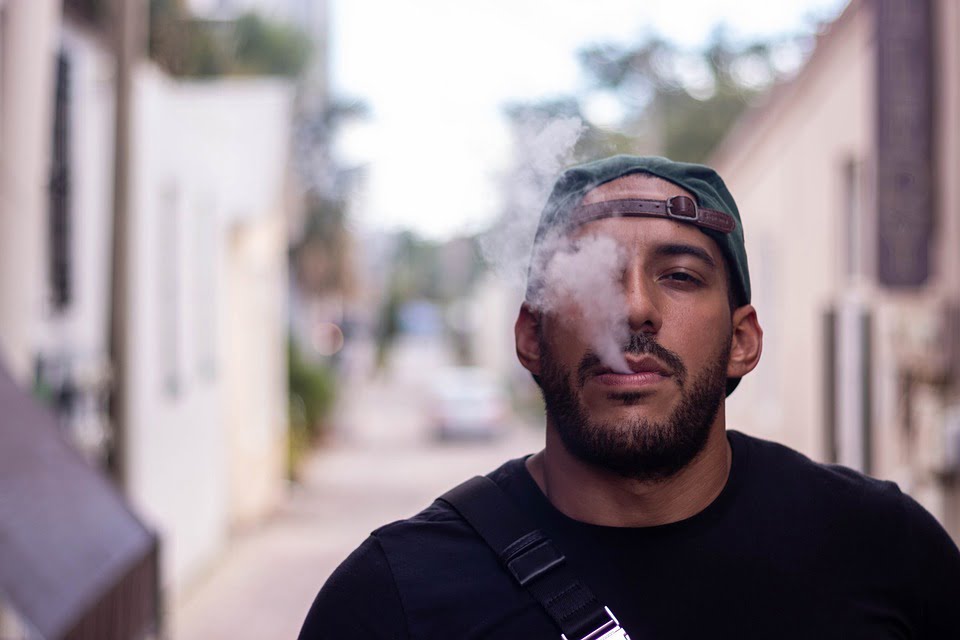Best Vape Deals

Smoke in Dubai: A Look at the History, Culture, and Regulations
Smoking has been a long-standing tradition in many cultures around the world, and Dubai is no exception. While smoking has become less popular in some parts of the world due to health concerns, it remains an important part of the social fabric in Dubai. In this article, we will explore the history of smoking in Dubai, the cultural significance of smoking, and the regulations surrounding smoking in the city.
History of Smoking in Dubai
Smoking has a long history in the Middle East, dating back to ancient times. The practice of smoking tobacco was brought to the region by European traders in the 16th century, and it quickly caught on among the local population. By the 19th century, smoking had become a common pastime in Dubai and other cities in the region.
One of the most popular forms of smoking in Dubai is the hookah, also known as a shisha or water pipe. The hookah has been a staple of Middle Eastern culture for centuries, and it continues to be a popular way to smoke tobacco in Dubai today. The water pipe is typically filled with flavored tobacco, which is then heated with charcoal and filtered through water before being inhaled through a long hose.
In addition to the hookah, cigarettes are also popular in Dubai. The city is home to a number of tobacco shops and smoking lounges where residents and tourists can purchase and smoke a wide variety of cigarettes and other tobacco products.
Cultural Significance of Smoking in Dubai
Smoking plays an important role in the social and cultural life of Dubai. For many people, smoking is a way to relax, socialize, and connect with others. In traditional Emirati culture, smoking is often seen as a sign of hospitality, and it is common for hosts to offer guests a smoke when they visit.
In addition to its social aspects, smoking also has a spiritual significance in some cultures in the Middle East. For example, in Sufi Islam, smoking is sometimes used as a form of meditation and spiritual practice. Some mystics believe that smoking can help them achieve a state of heightened consciousness and connect with the divine.
Despite its long history and cultural significance, smoking in Dubai has come under increasing scrutiny in recent years due to health concerns. The government has taken steps to regulate smoking in public places and to educate the public about the risks of smoking, but the practice remains popular among many residents and visitors.
Regulations on Smoking in Dubai
In order to protect public health and reduce the harmful effects of smoking, the Dubai government has implemented a number of regulations related to smoking. These regulations apply to both residents and tourists, and failure to comply with them can result in fines or other penalties.
One of the most important regulations on smoking in Dubai is the ban on smoking in enclosed public spaces. This includes restaurants, cafes, shopping malls, and other indoor areas where smoking could pose a risk to non-smokers. In addition, smoking is prohibited in certain outdoor areas, such as public parks and beaches, where the smoke could affect others.
Another key regulation is the prohibition on smoking in vehicles with children under the age of 12. This law is designed to protect young children from the harmful effects of secondhand smoke and to encourage parents to set a positive example for their children by not smoking.
In recent years, the Dubai government has also launched a number of public awareness campaigns to educate the public about the risks of smoking and to encourage smokers to quit. These campaigns include advertisements on television and radio, as well as outreach efforts in schools and community centers.
Despite these regulations and public health initiatives, smoking remains a popular activity in Dubai. Many residents and tourists continue to smoke in designated areas, such as smoking lounges and outdoor cafes, where smoking is allowed. As a result, the debate over smoking in Dubai continues to be a contentious issue, with some people arguing for stricter regulations and others advocating for the right to smoke in public places.
Conclusion
Smoking has a long history and cultural significance in Dubai, but it has also come under increased scrutiny in recent years due to health concerns. The government has implemented a number of regulations on smoking in order to protect public health and reduce the harmful effects of smoking, but the practice remains popular among many residents and visitors.
While smoking in Dubai is still allowed in certain designated areas, it is important for smokers to be aware of the regulations and to respect the rights of non-smokers. By following the rules and making informed choices about smoking, residents and tourists in Dubai can enjoy this traditional pastime in a way that is safe and respectful to others.
In conclusion, smoking in Dubai is a complex and controversial issue that reflects the intersection of history, culture, and public health. As the city continues to grow and evolve, it will be important for policymakers and the public to work together to find a balance that allows people to enjoy smoking while also protecting the health and well-being of all residents and visitors.


![[vape] [heets] [iqos]](https://smokeindubai.com/wp-content/uploads/2024/05/Nicotine-Pouches-800x800.png)
![[vape] [heets] [iqos]](https://smokeindubai.com/wp-content/uploads/2024/05/Juul-Dubai-800x800.png)
![[vape] [heets] [iqos]](https://smokeindubai.com/wp-content/uploads/2024/05/Heets-Kazakhstan-800x800.png)
![[vape] [heets] [iqos]](https://smokeindubai.com/wp-content/uploads/2024/05/LAMBDA-CC-800x800.png)
![[vape] [heets] [iqos]](https://smokeindubai.com/wp-content/uploads/2024/05/IQOS-In-Dubai-800x800.png)